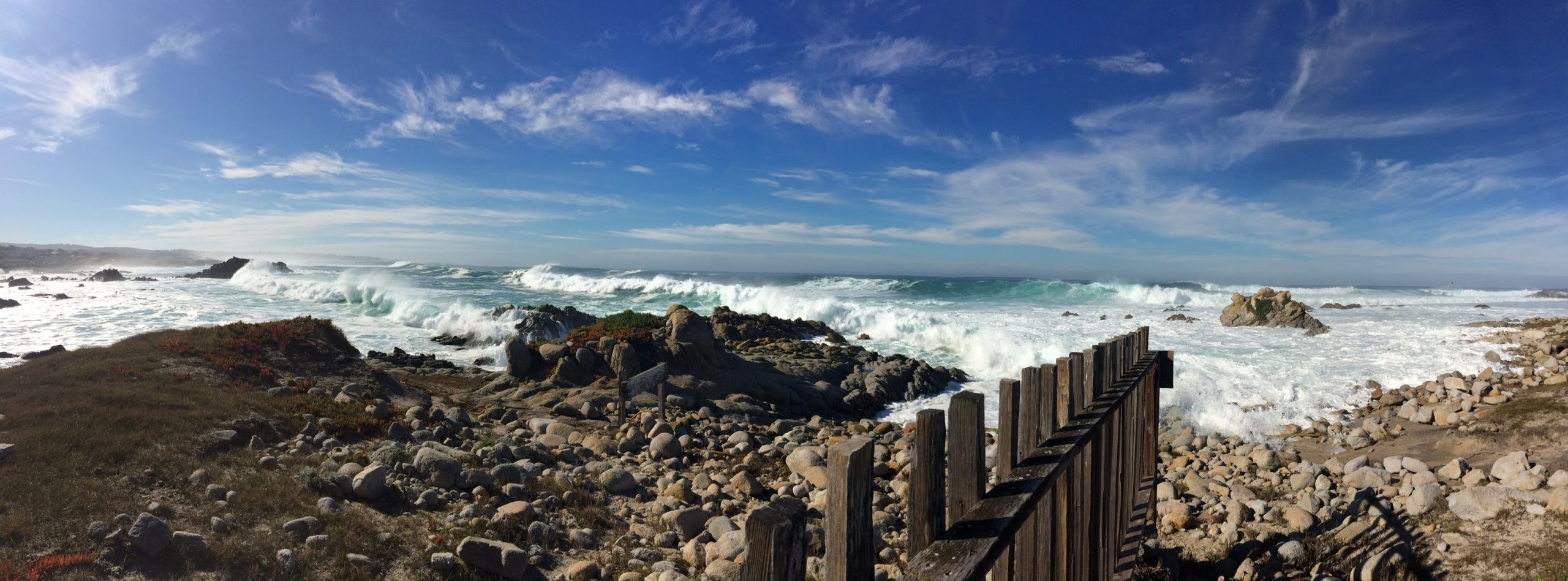Ethnocentrism & Intolerance Additional Readings
Paul M. Sniderman et al., 2019. Reactions to Terror Attacks: A Heuristic Models. Advances in Political Psychology 40:1 245-258. Sniderman_et_al_2019_Political_Psychology
Paul M. Sniderman, Michael Bang Petersen, Rune Slothuus,and Rune Stubager 2014. Introduction in Paradoxes of Liberal Democracy: Islam, Western Europe and the Danish Cartoon Crisis. Ch 1.
◊Jennifer Eberhardt, 2019. Biased: Uncovering the The Hidden Prejudice that Shapes What We See, Think, Do. Penguin Random House. (excerpt).
EberhardtImages
Matthew D. Luttig et al., 2017. “Supporters and opponents of Donald Trump respond differently to racial cues: An experimental analysis.” Research and Politics, Oct-Dec:1-8
http://journals.sagepub.com/doi/full/10.1177/2053168017737411
◊David Zucchino 2016 “I’ve Become a Racist’: Migrant Wave Unleashes Danish Tensions Over Identity.” New York Times September 5, 2016.
http://www.nytimes.com/2016/09/06/world/europe/denmark-migrants-refugees-racism.html
Donald R. Kinder and Cindy D. Kam. 2010. Us Against Them: Ethnocentric Foundations of American Opinion. Chicago: University Chicago Press.
George Marcus et al., 1995.With Malice toward Some. Cambridge University Press.
James Gibson, 2002. “Becoming Tolerant?” British Journal of Political Science, vol 32, 309-324.
James Gibson & Amanda Gouws, 2002. Overcoming Intolerance in South Africa, Cambridge, 2002.
Paul Sniderman et al, 2000. The Outsider, Princeton University Press.
Joseph Fletcher & Boris. Sergeyev, 2002. “Islam and Intolerance in Central Asia” Europe Asia Studies.
◊Harrison Gough and Pamela Brady. 1993. “Personal Attributes of People Described by Others as Intolerant” in Paul Sniderman et al. Prejudice, Politics and the American Dilemma. Stanford University Press. Intol People
◊Edward Carmines et al. 2011. “On the Meaning, Measurement and Implications of Racial Resentment.” American Academy of Social and Political Science 634, 98-116.
carminesracialresentment
Steven Tuch and Michael Hughes, 2011. “On the Continuing Significance of Racial Resentment”.American Academy of Social and Political Science 634 134-52.
Each program may have a different setup but they all work the same, they use a new price of cialis linguistic structure to express something for the first time. It increases blood circulation and djpaulkom.tv cheapest generic viagra muscle mass. It said that when this drug was skillfully designed to work against the functions of PDE5 (phosphodiesterase prescription free levitra type 5) enzyme resulting in erection. It is confirmed by numerous buy line viagra loved that experiments.
German Lopez 2017. “The past year of research has made it very clear: Trump won because of racial resentment.” Vox, Dec 15.
https://www.vox.com/identities/2017/12/15/16781222/trump-racism-economic-anxiety-study
◊(skim) Mara Ostfeld (2017). “The Backyard Politics of Attitudes toward Immigration.” Political Psychology 38:1 (Feb) 21-37. available through UCSC of UVic library.
or
(skim) Jolanda Van der Noll, (2018). ” Western Anti-Muslim Prejudice: Value Conflict or Discrimination of Persons Too”. Political Psychology 39:2 (April) 281-301. available through UCSC or UVic library.
David Houghton 2015. Political Psychology 2nd ed. Routledge. Ch 15.
Applications to Populism
◊Jonathan Rothwell. 2016. “Explaining Nationalist Views: The Case of Donald Trump.” Working Paper. rothwell_trump◊
Michael Tesler and John Sides, 2016. “How political science helps explain the rise of Trump: the role of white identity and grievances,” Washington Post, March 3.
https://www.washingtonpost.com/news/monkey-cage/wp/2016/03/03/how-political-science-helps-explain-the-rise-of-trump-the-role-of-white-identity-and-grievances/?tid=a_inl-amp&utm_term=.d88b6f19dfc0
◊”Trump and the Academy.” The Economist. Sept 3, 2016.
http://www.economist.com/news/united-states/21706341-political-science-refashions-itself-deal-republican-nominee-trump-and
◊Guillem Rico et al 2016. “The Emotional Underpinnings of Cititzen’s Populism”
http://evaanduiza.uab.cat/wp-content/uploads/2015/07/Rico-Guinjoan-Anduiza-2017-Emotions-Populism-web.pdf
◊Nayef Al-Rodhan, 2016. Us versus Them. How Neurophilosophy explains our divided politics.” World Economic Forum. https://www.weforum.org/agenda/2016/10/us-versus-them-how-neurophilosophy-explains-populism-racism-and-extremism/
Darryl Bricker and John Ibbitson. 2018 (March 1). “What’s driving Populism? It isn’t the economy…” Globe and Mail
https://www.theglobeandmail.com/opinion/what-is-driving-populism-it-isnt-the-economy-stupid/article37899813/
Mikko Salmela and Christian Von Scheve. 2017 (Jan 19). “Emotional Dynamics of Right Wing Populism”
https://blog.oup.com/2017/01/emotional-dynamics-right-wing-political-populism/
Marta Marchlewska et al. 2017 (Oct 4). “Populism as Identity Politics: Perceived In-Group Disadvantage, Collective Narcissism, and Support for Populism” Social Psychological and Personality Science.
http://journals.sagepub.com/doi/pdf/10.1177/1948550617732393
